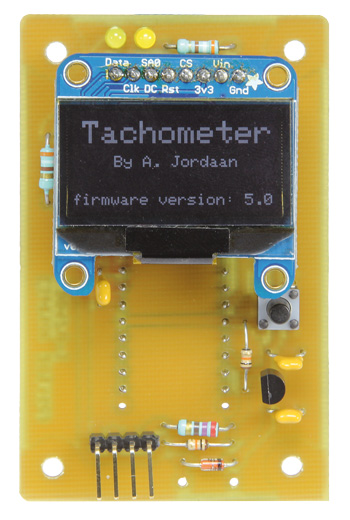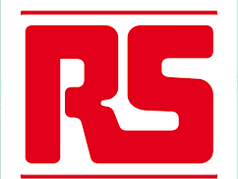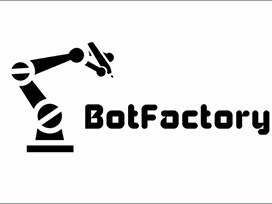Lathe Tachometer
Feat. Arduino Micro & OLED

This is a MEMBER ONLY article. You need a subscription to read this article.
- Unlimited access to online Member Only articles
- 3 new editions Elektor Magazine (digital)
- More than 5000 Gerber files
- 20% member discount on e-books (at elektor.com)
- 10% member discount on Products (at elektor.com)
Available from €5.33 per month.
What is Members Only
Elektor is committed to providing high-quality content on electronics, catering to tens of thousands of paying members. As part of this commitment, Elektor has launched Premium, an initiative that offers exclusive online articles to members sometimes even before they appear in the magazine.
Every day, members can access in-depth articles that showcase the best of Elektor's premium content.
This initiative aims to reward members with early access. Once logged in, members can easily enjoy this exclusive content and engage in discussions about featured projects. While Premium adds to the existing resources available, Elektor will continue to provide a wealth of free information.
Join the Elektor community today to take advantage of Premium and other benefits!
Gerber file
CAM/CAD data for the PCB referred to in this article is available as a Gerber file. Elektor GREEN and GOLD members can exclusively download these files for free as part of their membership. Gerber files allow a PCB to be produced on an appropriate device available locally, or through an online PCB manufacturing service.
Elektor recommends the Elektor PCB Service service from its business partner Eurocircuits or AISLER as the best services for its own prototypes and volume production.
The use of our Gerber files is provided under a modified Creative Commons license. Creative Commons offers authors, scientists, educators and other creatives the freedom to handle their copyright in a more free way without losing their ownership.
Components
The BOM (Bill of Materials) is the technically exhaustive listing of parts and other hardware items used to produce the working and tested prototype of any Elektor Labs project. The BOM file contains deeper information than the Component List published for the same project in Elektor Magazine. If required the BOM gets updated directly by our lab engineers. As a reader, you can download the list here.
Want to learn more about our BOM list? Read the BOM list article for extra information.
Component list
Component List
Resistors
R1,R5 = 390 Ohm 5%, 0.25 W
R2,R4 = 10 kOhm 5%, 0.25 W
R3 = 100 Ohm 5%, 0.25 W
R4 = 22 kOhm 5%, 0.25 W
Capacitors
C1,C2,C3 = 100 nF 10%, 100 V, 5 mm pitch
C3 = 10 nF 10%, 100 V, 5 mm pitch
Semiconductors
D1 = 1N4148
IC1 = 78L05Z
LED1 = LED, yellow, 3 mm
LED2 = LED, 3 mm, color t.b.d., optional, see text
Miscellaneous
MOD1 = Arduino Micro
S1 = pushbutton, PCB mount, 6 x 6 x 9.5 mm
SV1 = 8-way pinheader receptacle
K2 = 4-way pinheader receptacle
K1 = 9V battery connector clip + wires
Reflective Optical Sensor, like TCRT5000 Monochrome 0.96”, 128 x 64 pixels
OLED graphic display, 8-pin, Adafruit # 326 (UG-2864HSWEG01)
34-pin DIP socket for Arduino Micro (DIY from SIL pinheader receptacles)
Elektor PCB # 130470-1






Discussion (0 comments)
Consiglio Iannuzzi 5 years ago
jordaaaa 5 years ago
The purpose is just to protect the Arduino/Oled in case you get your wires crossed so I suggets you use something like a 1N4007 or even a 1N4148 will do.
If you want, you could just replace it with a wirelink and trust the regulator to survive a possible reverse polarity.
In my setup the power came from another system/part and I wanted to protect my circuit incase the supply side gets modified.
Hope this helps
Consiglio Iannuzzi 5 years ago